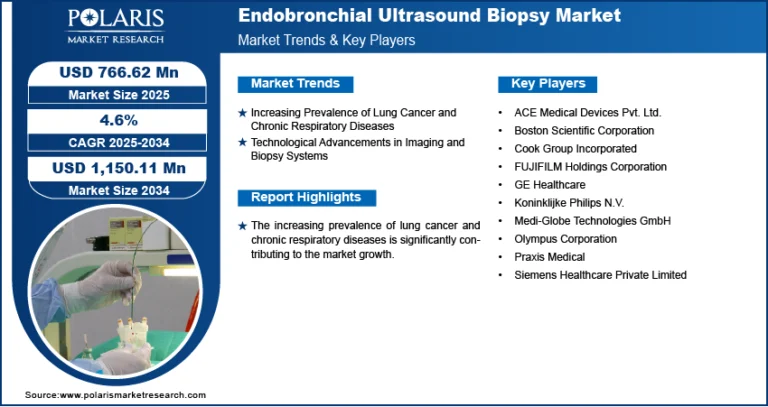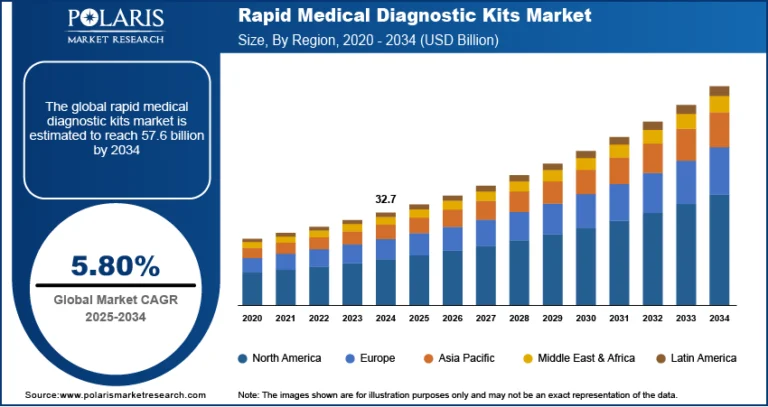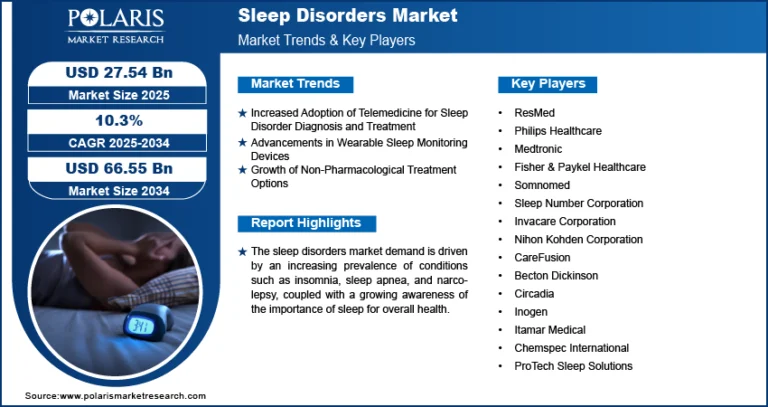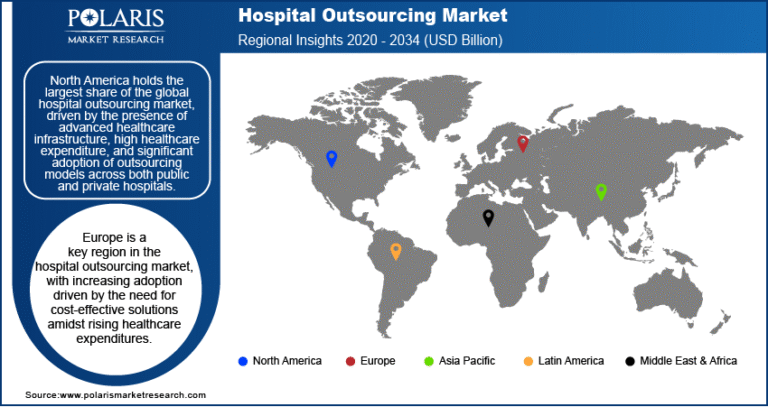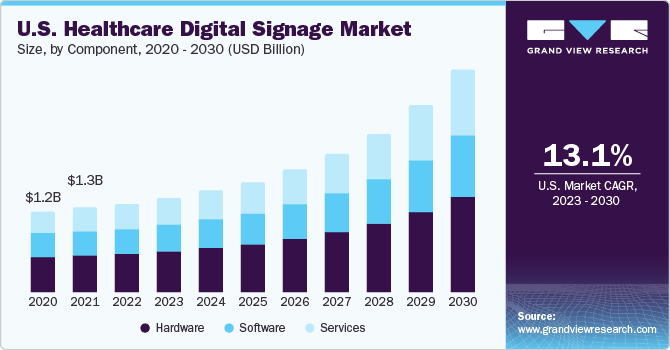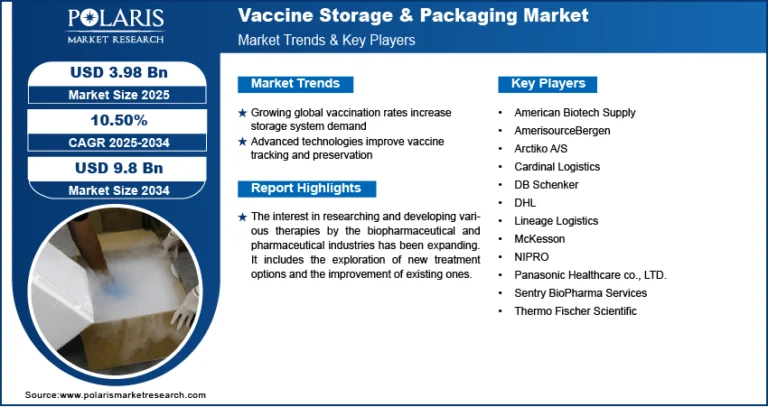Personalized Cancer Vaccine Market Size, Share & Trends Analysis growing at a CAGR of 44.86% from 2025 to 2030

The global personalized cancer vaccine market size was estimated at USD 208.33 million in 2024 and is expected to grow at a CAGR of 44.86% from 2025 to 2030. Unlike conventional therapies, which offer broad-spectrum responses, personalized cancer vaccines utilize specific tumor neoantigens-mutations unique to an individual’s cancer-to trigger a more precise immune attack.
Key Highlights:
- North America dominated the global personalized cancer vaccine market, with a share of 34.07% in 2024.
- The U.S. personalized cancer vaccine industry growth is robust, driven by advancements in immunotherapy, increasing cancer prevalence, and substantial investments in research and development.
- By type segment, the dendritic cell segment accounted for the largest market share of 100% in 2024
- In terms of technology segment, the cell-based segment led the market with a 100% revenue share in 2024
- By distribution channel segment, the hospitals segment dominated the market with a revenue share of 58.87% in 2024 and is expected to grow at the fastest CAGR over the forecast period.
Request a free sample copy or view report summary: https://www.grandviewresearch.com/industry-analysis/personalized-cancer-vaccine-market-report/request/rs1
These vaccines are often developed using cutting-edge technologies like next-generation sequencing (NGS), artificial intelligence, and mRNA platforms. Personalized vaccines show strong potential in treating cancers such as melanoma, non-small cell lung cancer, and glioblastoma. They are frequently paired with immune checkpoint inhibitors to improve outcomes. While the field is still largely in clinical development, the potential for technology remission with minimal side effects is high. Major players like BioNTech, Moderna, and Genentech are investing heavily in clinical trials and regulatory pathways. As biotechnology matures and regulatory frameworks adapt, personalized cancer vaccines are positioned to become a cornerstone of precision medicine in oncology.
Technological progress plays a central role in accelerating the personalized cancer vaccine industry. Innovations in genomics and bioinformatics now allow for rapid identification of tumor-specific neoantigens through whole-exome and transcriptome sequencing. AI algorithms can predict which neoantigens are most likely to elicit an immune response, thereby streamlining vaccine design. mRNA technology, particularly spotlighted during the COVID-19 pandemic, has proven especially promising due to its speed, scalability, and flexibility. Companies like Moderna and BioNTech leverage mRNA to deliver instructions for making tumor-specific antigens directly into patient cells, training the immune system to target cancer. Dendritic cell-based platforms also offer high antigen specificity and are being optimized using nanotechnology. Moreover, improvements in delivery methods, like lipid nanoparticles, enhance vaccine stability and cellular uptake. As sequencing costs decline and computational power increases, these technologies will become more accessible, shortening development cycles and expanding patient eligibility for personalized immunotherapy.
The rising global incidence of cancer continues to be a major catalyst for growth in the personalized cancer vaccine market. According to the World Health Organization (WHO, 2022), cancer remains one of the leading causes of death worldwide, with approximately 20 million new cases diagnosed annually. Traditional treatment approaches-such as chemotherapy, radiation therapy, and surgical interventions-often yield limited success, especially in advanced or metastatic stages, and are frequently associated with severe side effects. Moreover, many cancers eventually develop resistance to these conventional therapies, reducing long-term effectiveness.

